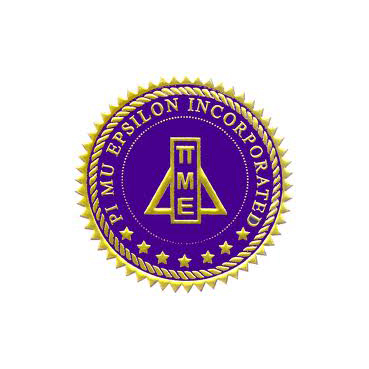
Michael Parks of Sandia National Laboratories will be presenting "Solving Real-World Problems with Mathematics and Computing" on November 9 from 4 - 5 p.m. in 115 Avery, as a part of the Pi Mu Epsilon Lecture Series. The lecture will be proceeded by a reception in 348 Avery beginning at 3:30 p.m.
Abstract
Computational science draws upon applied mathematics, computer science, engineering, and the physical sciences. It is a multidisciplinary field that crosses the boundaries separating traditional fields of research from each other. Along with theory and physical experiment, it has become a third pillar of scientific investigation. In this talk, Parks will motivate modern computational science by surveying the relationships between engineering, the physical sciences, computer science, and applied mathematics. He will highlight several examples where the fusion of careful mathematics and computation was essential in tackling important real-world problems.
Michael Parks is a senior member of the Technical Staff in the Computing Research Center at the Computer Science Research Institute at Sandia National Laboratories in Albuquerque, New Mexico. His research interests include computational fracture modeling, multi-scale modeling and simulation, domain decomposition methods, and iterative solvers. He serves as an editor for Applied Mathematics and Computation. He holds bachelor's degrees in computer science and physics as well as a master's degree in computer science from Virginia Tech. After completing his Ph.D. in computer science with the scientific computing group at the University of Illinois, he joined the staff at Sandia Labs in the fall of 2004.
For more information, contact Daniel Toundykov at dtoundykov@unl.edu.